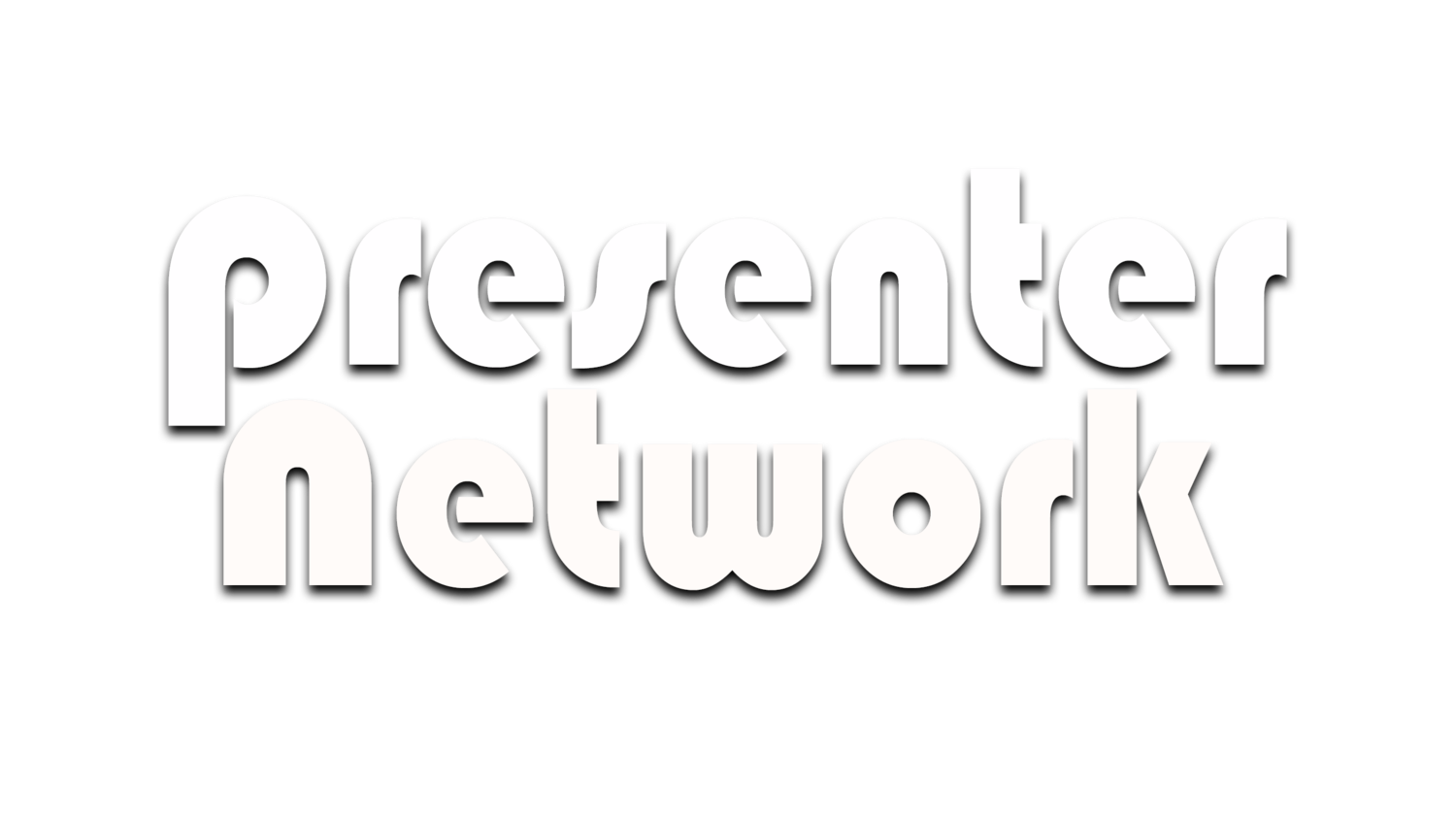Maximizing Studio Efficiency: The Role of a Floor Manager for TV Presenters
Behind the seamless production of a television show lies the concerted effort of a skilled team, with each member playing a vital role. One crucial figure who ensures the smooth operation of a studio environment is the floor manager. In this article, we will explore the importance of a floor manager and delve into how TV presenters can effectively utilize their expertise to enhance their on-screen performance.
The Floor Manager's Role: A floor manager serves as the intermediary between the director, production crew, and on-air talent. They are responsible for coordinating various aspects of the production process, ensuring everything runs smoothly and seamlessly. Let's take a closer look at the specific tasks a floor manager undertakes:
Rehearsals and Communication: The floor manager works closely with the director and production team to conduct rehearsals before the live or recorded show. During this time, the presenter and the floor manager establish effective communication and develop an understanding of each other's cues and movements. Clear communication channels are crucial for synchronizing actions and timings, ensuring the presenter's comfort and confidence.
Timing and Cueing: An experienced floor manager excels in timing and cueing. They ensure the presenter is aware of when to start or wrap up a segment, when to introduce guests, or when to cut to commercials. Precise timing is essential to maintain the flow of the show and keep viewers engaged. The floor manager provides subtle cues, hand signals, or discreet audio prompts to guide the presenter throughout the broadcast.
Spatial Awareness and Blocking: A floor manager assists the presenter in navigating the studio space effectively. They coordinate with camera operators, ensuring the presenter is always in the frame and maintaining appropriate eye contact with the audience. The floor manager helps to determine the best positions and movements, minimizing distractions and maximizing visual impact.
Managing On-Air Dynamics: During live broadcasts or recorded shows with multiple presenters or guests, the floor manager acts as the liaison, coordinating interactions between individuals. They guide the presenter in smoothly transitioning between different segments, interviews, or panel discussions. The floor manager's presence adds a layer of professionalism and helps maintain a cohesive atmosphere on set.
Tips for TV Presenters Working with Floor Managers:
Establish a Good Working Relationship: Developing a strong rapport with the floor manager is crucial. Regular communication, mutual trust, and understanding each other's strengths and preferences will contribute to a more synchronized on-screen performance.
Be Attentive and Responsive: Stay alert and attentive to the floor manager's cues and instructions. Act promptly and adapt to any changes or adjustments they communicate to you during the show. This responsiveness will help maintain the overall flow and rhythm of the program.
Practice and Rehearse: Invest time in rehearsal sessions with the floor manager. This will allow both of you to become comfortable with the timing, blocking, and cues. Practice sessions will also help identify any potential issues and fine-tune your performance, ultimately enhancing the quality of the show.
Communicate your Needs: While the floor manager plays a vital role, it's important to communicate any specific requirements or preferences you may have as a presenter. Effective communication will allow the floor manager to understand and accommodate your needs, ensuring a seamless on-air experience.
The role of a floor manager in a television studio cannot be underestimated. Their expertise in timing, cueing, spatial awareness, and managing on-air dynamics is instrumental in delivering a polished and engaging show. By establishing a collaborative and communicative relationship with the floor manager, TV presenters can elevate their on-screen performance, providing viewers with an exceptional viewing experience. Remember, a well-coordinated team effort leads to a truly remarkable television production.

